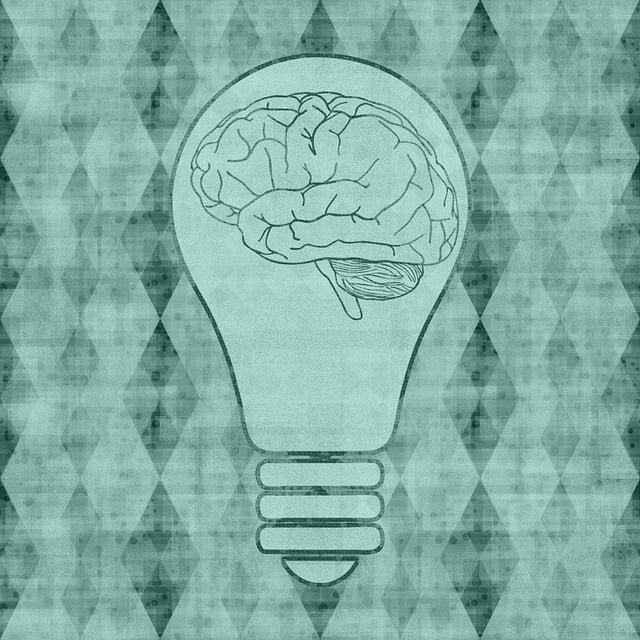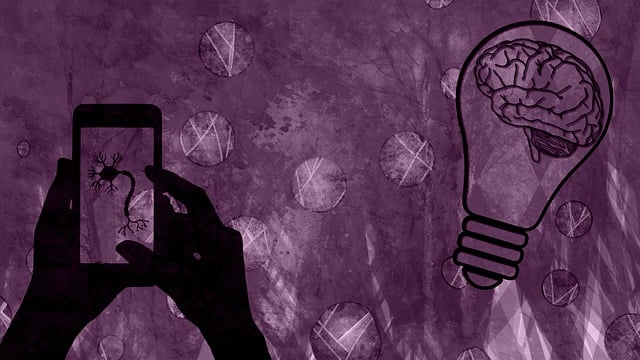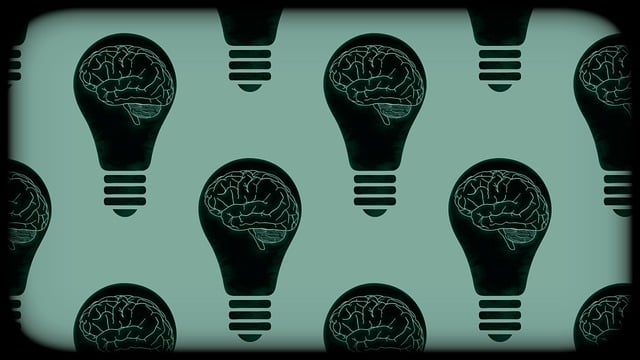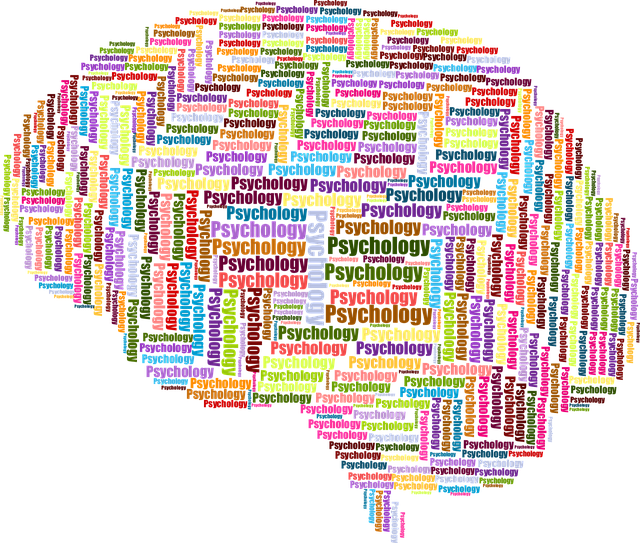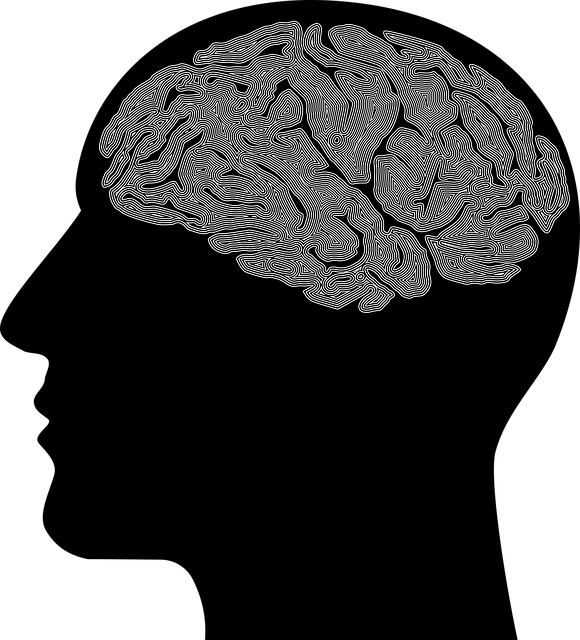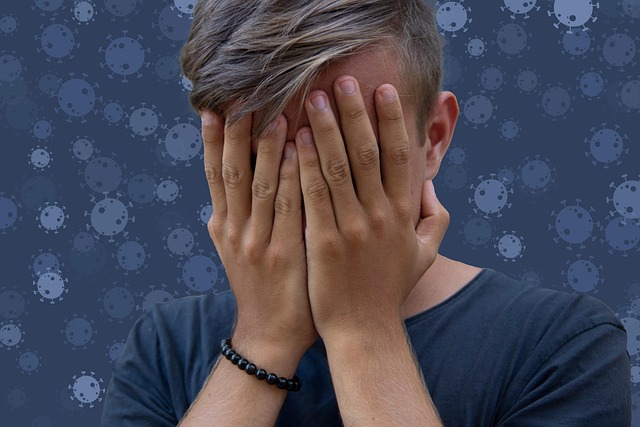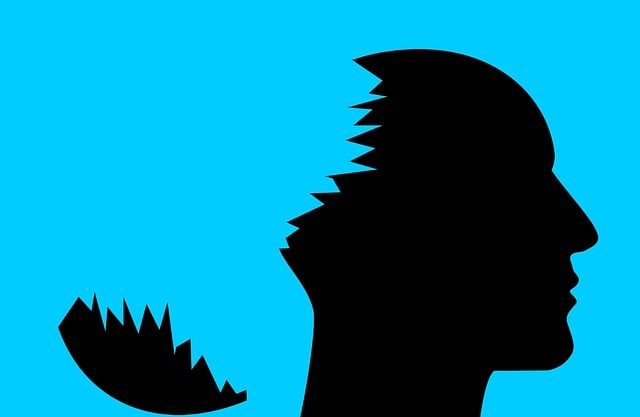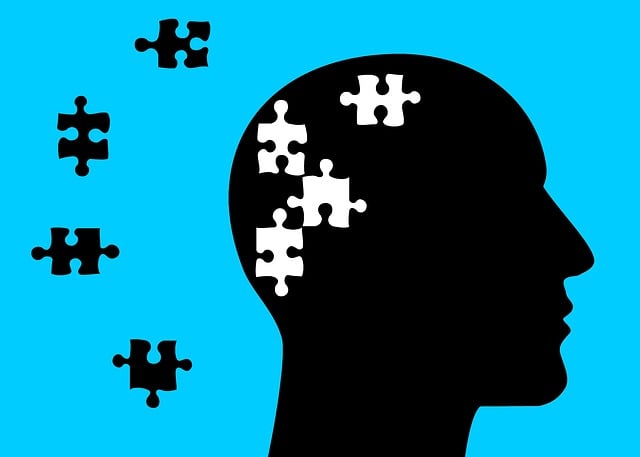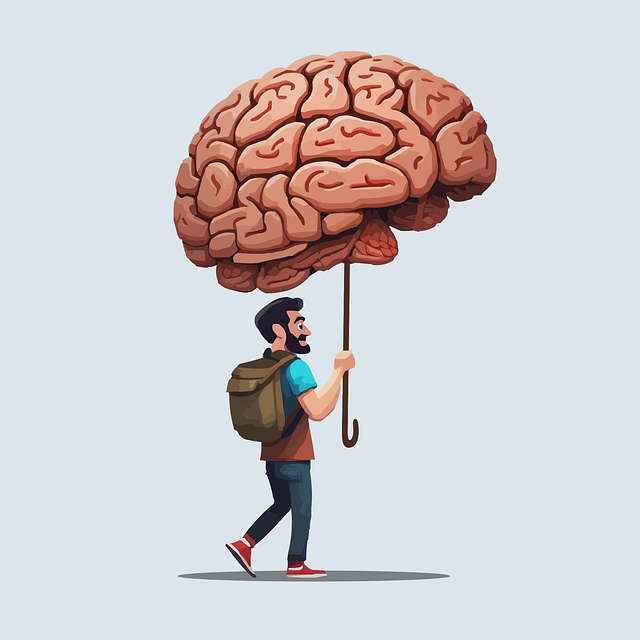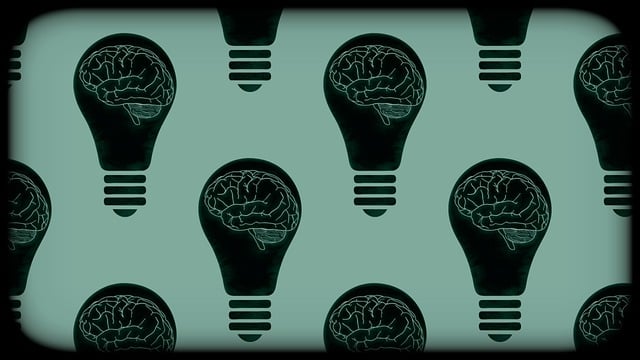Anxiety disorders, affecting millions globally, include conditions like generalized anxiety, phobias, and panic disorders, significantly impacting daily life. Early intervention through Mental Health Education Programs promoting superior ADD-ADHD therapy, conflict resolution, and Mental Health Awareness is crucial. For ADHD, evidence-based practices like CBT in Superior ADD-ADHD therapy integrated with cultural sensitivity enhance outcomes. Holistic approaches such as exercise, mindfulness meditation, and balanced sleep improve well-being. Cultural competency training and trauma support services contribute to comprehensive anxiety management, emphasizing social support and tailored care.
Anxiety disorders affect millions, impacting daily life and overall well-being. This article guides you through a comprehensive approach to managing anxiety, focusing on evidence-based strategies tailored to individuals with Attention Deficit Disorder/Hyperactivity Disorder (ADD/ADHD). We explore the power of therapy, delving into specialized techniques for ADD/ADHD, alongside lifestyle changes, self-care practices, and complementary methods. Discover how these integrated solutions can lead to superior anxiety management and improved quality of life.
- Understanding Anxiety Disorders and Their Impact
- Exploring Effective Therapy Approaches for ADD/ADHD
- Lifestyle Changes and Self-Care Strategies
- Complementary Techniques for Enhanced Management
Understanding Anxiety Disorders and Their Impact

Anxiety disorders are a significant aspect of mental health that impacts millions worldwide. They encompass a range of conditions, from generalized anxiety to specific phobias and panic disorders. Understanding these disorders is crucial because they can significantly affect daily functioning and overall quality of life. Symptoms often include persistent worry, fear, and physical manifestations like increased heart rate and insomnia. The impact can be profound, leading to social withdrawal, difficulty concentrating, and even physical health issues.
In the context of modern mental health challenges, such as Attention Deficit Hyperactivity Disorder (ADHD) with superior ADD-ADHD therapy, recognizing anxiety disorders is more important than ever. Mental Health Education Programs Design that focus on awareness and early intervention can significantly aid in management. Conflict resolution techniques, for instance, can help individuals navigate the challenges associated with anxiety. By promoting Mental Health Awareness, we empower people to recognize signs, seek support, and employ effective coping strategies, ultimately leading to improved overall well-being.
Exploring Effective Therapy Approaches for ADD/ADHD

For individuals navigating the complexities of Attention Deficit Disorder (ADD) or Attention Deficit Hyperactivity Disorder (ADHD), finding effective therapy approaches is paramount for improving mental wellness and overall quality of life. Superior ADD-ADHD therapy involves a multifaceted approach that caters to the unique neurodevelopmental needs of each individual. Cognitive Behavioral Therapy (CBT), for instance, has shown significant promise in helping folks manage symptoms by identifying and modifying unhealthy thought patterns and behaviors.
Beyond evidence-based practices, Cultural Sensitivity in Mental Healthcare Practice plays an integral role in fostering effective therapy. Healthcare Provider Cultural Competency Training equips professionals with the skills to understand and appreciate the diverse cultural backgrounds of their clients. This awareness is crucial as it ensures that therapy strategies are tailored to align with individual values, beliefs, and experiences, ultimately enhancing therapeutic outcomes.
Lifestyle Changes and Self-Care Strategies

Anxiety management often begins with implementing lifestyle changes and adopting self-care strategies that promote overall well-being. Regular exercise, for instance, is a powerful tool to combat anxiety. Physical activity stimulates the release of endorphins, known as “feel-good” hormones, which can significantly improve mood and reduce stress levels. Additionally, establishing a consistent sleep routine is crucial; adequate rest allows individuals to better manage anxious thoughts and emotions during the day.
Self-care practices such as mindfulness meditation and deep breathing exercises have gained recognition in superior ADD-ADHD therapy for their effectiveness in emotional regulation. These techniques encourage individuals to stay present and focus on their breath, helping to calm the mind and reduce anxiety symptoms. Moreover, engaging in activities that foster social connections and cultural competency training with healthcare providers can also contribute to stress reduction methods, as social support and understanding are vital components of mental health management.
Complementary Techniques for Enhanced Management

Anxiety management is enhanced through a combination of complementary techniques that cater to diverse needs. Beyond traditional therapies like cognitive-behavioral therapy (CBT), individuals can benefit from practices such as mindfulness meditation and deep breathing exercises, which have been scientifically proven to reduce anxiety symptoms. These practices foster emotional healing processes by promoting relaxation and improving one’s ability to manage stressful situations.
Integrating alternative approaches, such as superior ADD-ADHD therapy tailored for anxiety, offers comprehensive care. Healthcare provider cultural competency training ensures that individuals from diverse backgrounds receive support that respects their unique perspectives and experiences. Additionally, trauma support services play a pivotal role in addressing the root causes of anxiety, often stemming from past traumatic events, through specialized interventions designed to heal psychological wounds.
Anxiety disorders can significantly impact daily life, but with a multi-faceted approach, effective management is achievable. Understanding anxiety disorders and their effects is the first step, followed by exploring tailored therapy options, such as superior ADD-ADHD therapy approaches. Integrating lifestyle changes, self-care practices, and complementary techniques allows individuals to take control of their mental health. By combining these strategies, one can enhance overall well-being and lead a more fulfilling life, free from the shackles of anxiety.
